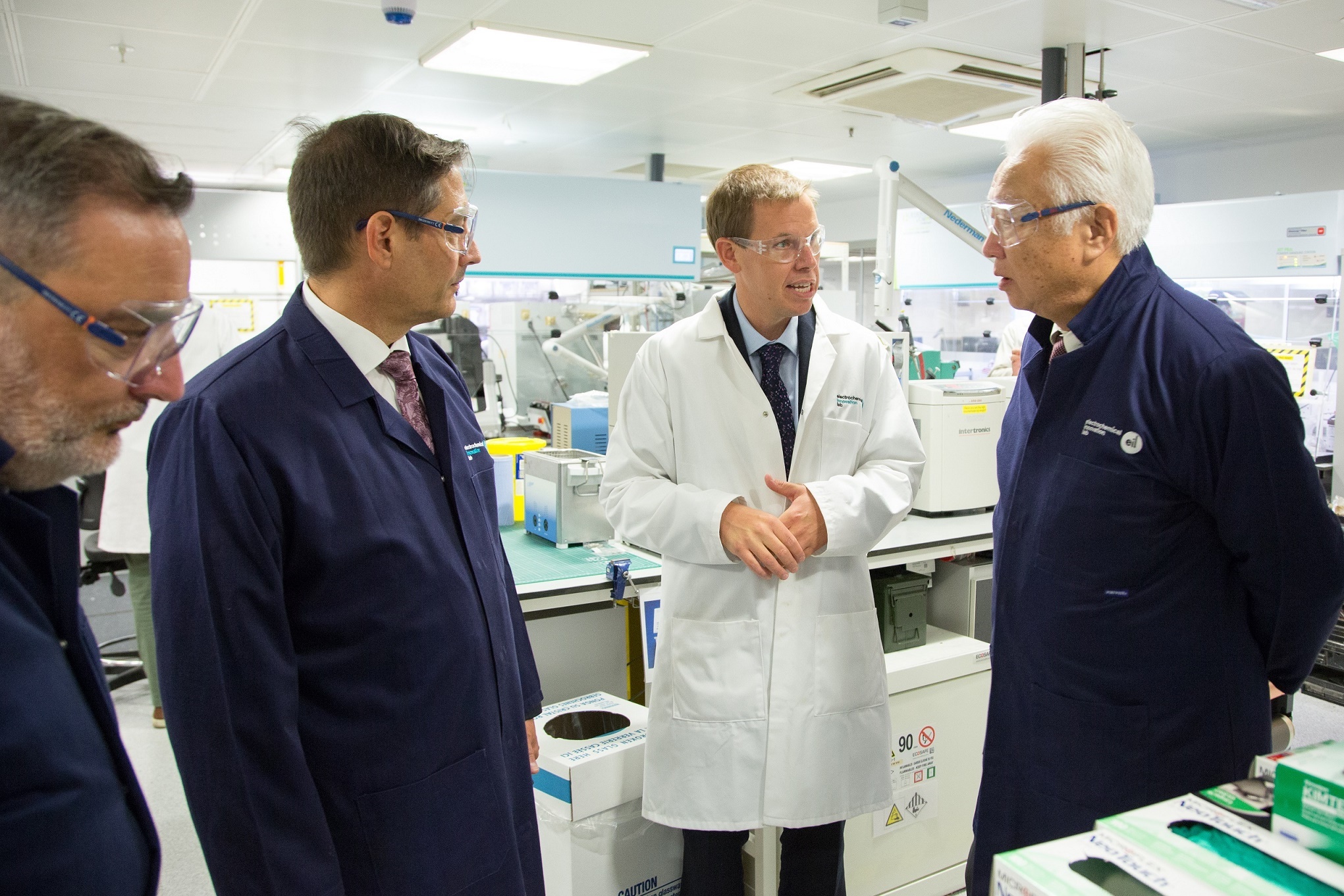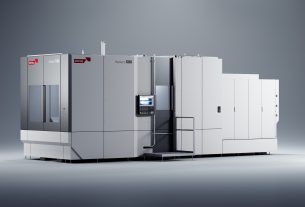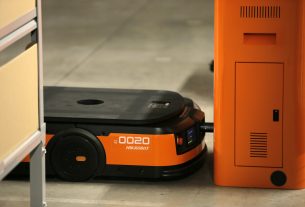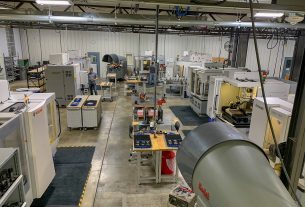A new HORIBA Chair will work with industry and academia to champion and develop new propulsion technologies, creating the next generation of battery and fuel cell mobility and leading the way towards a cleaner, greener, and carbon-free future.
University College London (UCL) researchers are closer to meeting the challenge of developing zero-emission transport, thanks to a new partnership, announced today 20th October 2022, between UCL and Japanese manufacturer HORIBA, the global leader in vehicle propulsion measurement and testing systems.
The company will fund the HORIBA Chair in Advanced Propulsion Technologies as well as the work of two PhD students who will conduct research with them. Information on the vacancy will be released in due time. This substantial philanthropic donation will play a key role in shaping the next generation of engineers to drive vehicle technology.
The posts will sit within the UCL Advanced Propulsion Lab (APL), which will be based at the university’s UCL East campus, which is opening over the next year on Queen Elizabeth Olympic Park. The APL is one of several cutting-edge new centres on the campus bringing together researchers, students, local communities and industry partners to collaborate on solutions to the biggest challenges facing people and the planet.
The APL will innovate in research techniques and train the next generation of specialist scientists and engineers to accelerate the move away from fossil fuels to clean energy transport options. It aims to provide the best facilities in the world to test vehicle propulsion, fuel cells and batteries – technologies key to achieving zero-emission transport.
Professor Nigel Titchener-Hooker, Dean of UCL Engineering, said: “The transport industry will be transformed over the coming years as we move to electric and hydrogen fuel cell vehicles. I am grateful to HORIBA for their support for the work of the APL and their commitment to working with us to lead this global transformation. UCL and HORIBA have the knowledge, skills, experience and facilities to be at the forefront of this exciting sector, driving forward technologies that are crucial to the future wellbeing of society and the planet.”
HORIBA works in a range of fields, including engine emissions, scientific analysis, innovation for the future of the information society, healthcare, and environment monitoring. The company has long supported ground-breaking scientific research and innovation that drives change for society, by working in close collaboration with academia and industry leaders to accelerate and identify solutions that enable a sustainable future. Recent examples include partnerships with the Engineering and Physical Sciences Research Council Doctoral Training in Renewable Energy Northeast Universities (ReNU) and the Centre for Process Analytics and Control Technology (CPACT), which HORIBA has joined as industry partner.
Richard Carter, Director, HORIBA UK, said: “Through the provision of many years of technological competence and know-how, HORIBA goes beyond measure to support a cleaner and more energy efficient future. Thanks to the diversity in its technology and its ability to adapt and respond to industries’ challenges, HORIBA is in a unique position to support the world as it evolves and remains committed to the realisation of a sustainable society. UCL is an ideal partner for us to pursue this commitment with.
“UCL is renowned for its globally-leading position in advanced propulsion technologies and, as the automotive industry heads towards an electric and hydrogen fuel cell future, we are delighted to be working in partnership with the APL and supporting the new Chair and PhD scholarships.”
Professor Paola Lettieri FREng, Pro-Provost UCL East, said: “Research partnerships with industry are crucial to tackling the biggest challenges of our time. They bring together the people with the right experiences, skills, facilities and resources to advance our understanding and capabilities in new areas. They then translate this new knowledge into applications in the real world that deliver life-changing – and often life-saving – benefits for people and communities.”
Angharad Milenkovic, Vice-President Advancement at UCL, said: “For UCL, philanthropy plays a key role in enabling us to attract talented academics and PhD researchers. These new posts will bring in yet more academic excellence to the existing core of APL researchers and engineers, accelerating us towards a zero-emissions transport system, in line with UCL’s goal to help create a more sustainable world for everyone.”
The UCL Advanced Propulsion Lab (APL) will open in 2023 on the UCL East campus.
Image Copyright: John Moloney Photography





